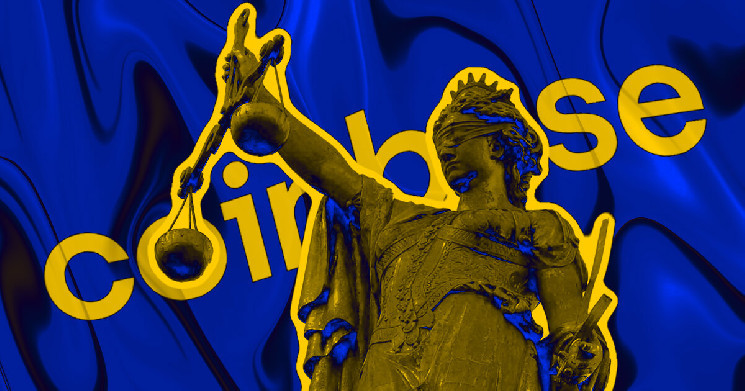On April 5, Grewal said companies such as Coinbase have no private liability for the secondary trading of crypto tokens because “contracts matter.”
Grewal cited a decision from the US Court of Appeals for the Second Circuit, stating:
“We appreciate the Second Circuit confirming today what is clear under the federal securities law.”
In their earlier amended complaint against Coinbase, plaintiffs attempted to remove references to the company’s user agreement, undermining their claims against Coinbase under Section 29(b) of the Exchange Act.
The current ruling largely supported a federal court’s dismissal of the case, noting that the district court “properly dismissed” the plaintiff’s Section 29(b) complaints. It also called the plaintiff’s claims “repetitive conclusory allegations.”
Lawsuit revived
Although the appeals court affirmed many aspects of the dismissal, it revived the case because the district court originally responsible for the case made a date-related error.
The district court relied on Coinbase’s December 2021 user agreement but erroneously referred to the December 2020 version when considering the plaintiffs’ allegations. The parties involved in the case agree that the court made the error. However, there is disagreement on whether the mistake is relevant.
Coinbase argues that the December 2021 agreement was integral to the amended complaint, while plaintiffs argue that no version of the agreement is integral because they did not rely on any version of the agreement to support their claims.
Plaintiffs initially claimed in 2021 that Coinbase’s sale or solicitation of 79 digital assets constituted illegal contracts because the company failed to register with the SEC.
The lawsuit named Coinbase and its CEO, Brian Armstrong, as defendants. The case was eventually dismissed in February 2023.
 cryptoslate.com
cryptoslate.com
